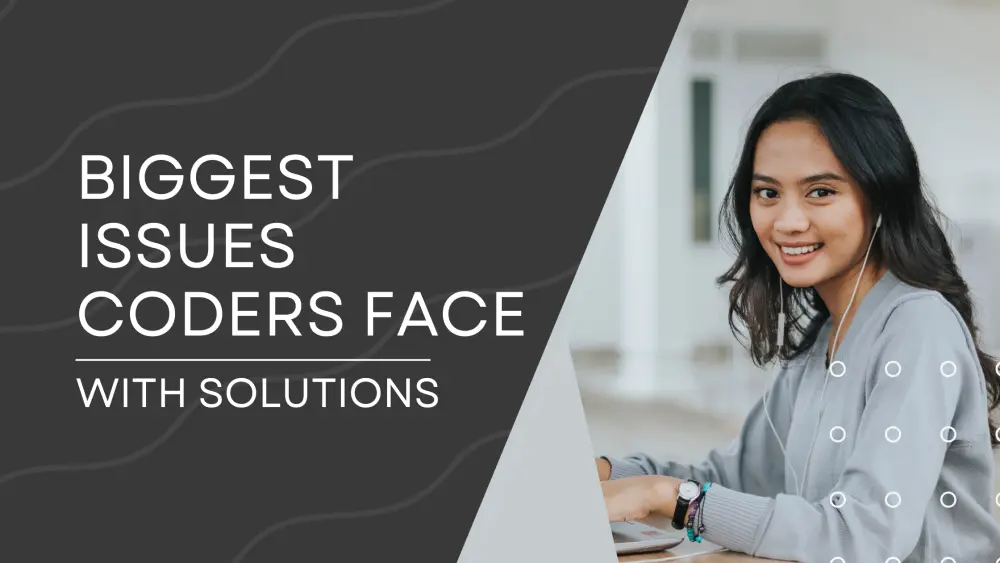Healthcare facilities rely heavily on their coding teams to ensure they get the maximum reimbursement. However, medical coding is not just matching and entering the code as per the procedure. It requires knowledge across various areas – anatomy, HIPAA, CPT and ICD codes, and modifiers, and the ability to read medical records. With coding being such a tedious and skill intensive process, coders are subjected to various challenges.

Here are the most common challenges medical coders face.
Missing/Poor Documentation
Not being able to code at the highest level to bring specificity is not always the coder’s fault. Oftentimes, they receive poor quality documentation, where the necessary information is missing in the medical reports. This leads to wrong coding or increases the time to code a chart as the coder first works towards acquiring the correct information.
The solution: Conducting documentation audits
Bi-annual audits help in finding out and rectifying any discrepancies in the documentation. A goal of 95% accuracy is set by most practices to ensure correct documentation.
Communication Issues between the Provider and Medical Coders
Sometimes, the difficult to understand medical claims require effective communication between both coder and the provider to bring accuracy. However, providers are not always available to resolve multiple queries of the coders. The coders can struggle to interpret the report as per their understanding.
This ultimately leads to poor accuracy and in fact, denials of claims. Thus, lack of access to the providers is a most common issue that the coders face.
The solution: Set up formal query process
Try to speak with other clinical staff or senior members of the coding team to understand the chart before finalizing anything. If the provider simply isn’t available, the administration should facilitate communicate channels and design a formal query process that satisfies the documentation requirements.
Adhering to confidentiality laws
Confidentiality laws like HIPAA are a good thing, and they are meant to ensure integrity in handling personal health information. However, complying with such laws in not easy. Like the codes, there are updates to HIPAA laws as well. If the coders are not aware of the latest changes, they are prone to breaching data security laws.
Non-compliance to these laws leads to heavy penalties.
The solution: Continual education
The only way to stay updated on changing laws is keep educating yourself about them as every new update releases. However, large healthcare practices and RCM companies can run training problems to train their entire coding department on new laws.
Remaining current with ever-evolving codes
All the three code sets manuals (ICD, CPT, HCPCS) are updated yearly by their respective controlling organizations. It is expected and required for coders to stay updated with the changes. Inputting obsolete codes is equivalent to wrong coding, and results in grave consequences for the healthcare provider.
The solution: Refer to codebooks or install MediCodio
The truth is it is manually impossible to ensure 100% accuracy of codes even if you refer to the printed code manuals often; it is tedious and accuracy comes at the cost of efficiency.
AI driven tools like MediCodio are the solution here.
MediCodio is an AI-powered coding tool that reduces medical coding costs and improves efficiency by up to 45%. A great fit for RCM companies and hospital billing departments, Codio suggests medical codes (CPT, ICD10, HCPCS, modifiers) by reading patient demographic info from EHR systems and Physician Notes/Chart. After the medical coder makes a selection from the list of suggested codes, CODIO sends your codes to the billing system.





